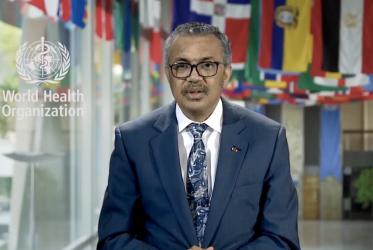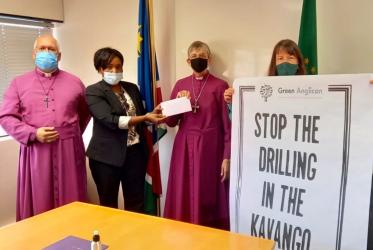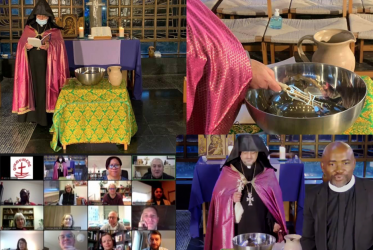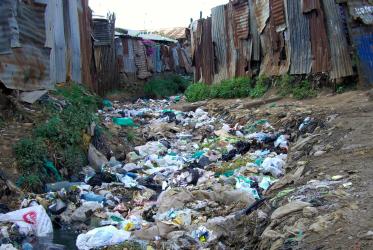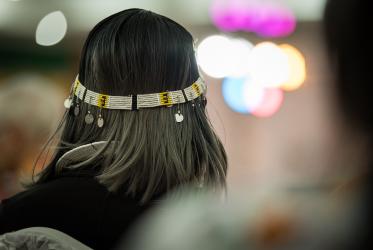Displaying 141 - 160 of 323
17 March 2021
Rethinking Ecological Relationships in the Anthropocene era
11 - 13 February 2021
WCC Eco-School 2020 for Pacific region is further postponed
14 January 2021
No room at the inn
26 December 2020
On World Toilet Day, sanitation is “an issue of justice”
16 November 2020
Webinar - “People on the Move: Solidarity and Advocacy”
12 November 2020
https://www.oikoumene.org/live
Webinar will highlight “People on the Move: Solidarity and Advocacy”
05 November 2020
Applications open for WCC Eco-School
22 October 2020
WCC Eco-School 2021 for Pacific region on Water, Food and Climate Justice
22 - 28 February 2021
WCC honors world’s indigenous communities
07 August 2020
